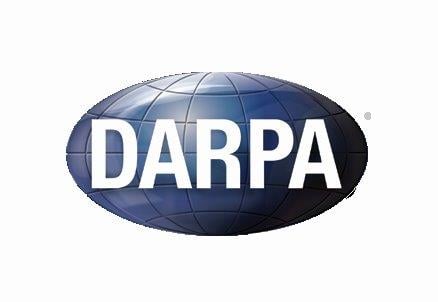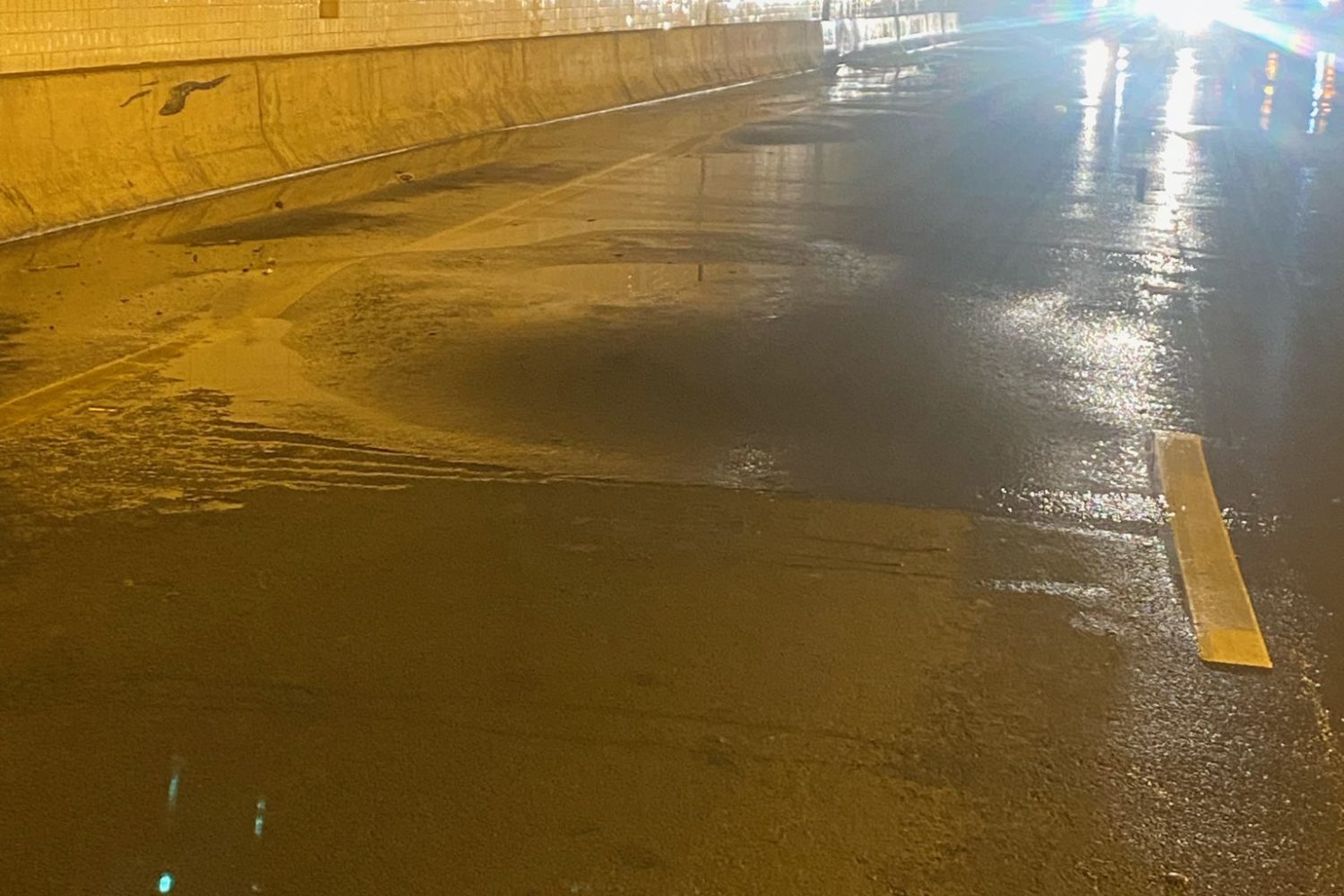In case you’ve got an urban underground bunker or complex tunnel system you want to share, preferably in the next two days, keep reading.
On Wednesday, the Defense Advanced Research Projects Agency (DARPA), headquartered in Arlington, tweeted an alarming request for “city dwellers” to help the Agency identify “underground urban tunnels & facilities able to host research and experimentation.” The deadline? August 30, aka two days later.
Attention, city dwellers! We're interested in identifying university-owned or commercially managed underground urban tunnels & facilities able to host research & experimentation. https://t.co/tHZ1Tqy5nV
It's short notice… We're asking for responses by Aug. 30 at 5:00 PM ET. pic.twitter.com/TSWO07bJam
— DARPA (@DARPA) August 28, 2019
DARPA added that the ideal space would be a “human-made underground environment spanning several city blocks, w/ complex layout & multiple stories.” To no surprise, the Tweet was met with suspicion. Why would they issue this massive, ominous request on such short notice?
It turns out there’s no reason to worry. Contacted by email, DARPA’s public affairs office told us that the space is “intended solely for information and planning purposes” for the organization’s “SubT Challenge Urban Circuit”. The Challenge, according to DARPA’s website, is a team-based competition exploring the difficulties of operating in specific underground environments, such as tunnel systems, cave networks, and underground city blocks.
“DARPA issued this [request] in part to help identify potential representative environments where teams may be able to test in advance of the upcoming event,” says Jared Adams, chief of communications at DARPA. They first issued the request a week ago.
The final integrated challenge course will take place in 2021, with a $2 million prize. Eleven teams have qualified, after competing in a preliminary round earlier this month in a Pittsburgh research mine. Participants include researchers, robotic developers, and techies from across institutions such as MIT, UC-Berkely, and Zurich, Switzerland.














